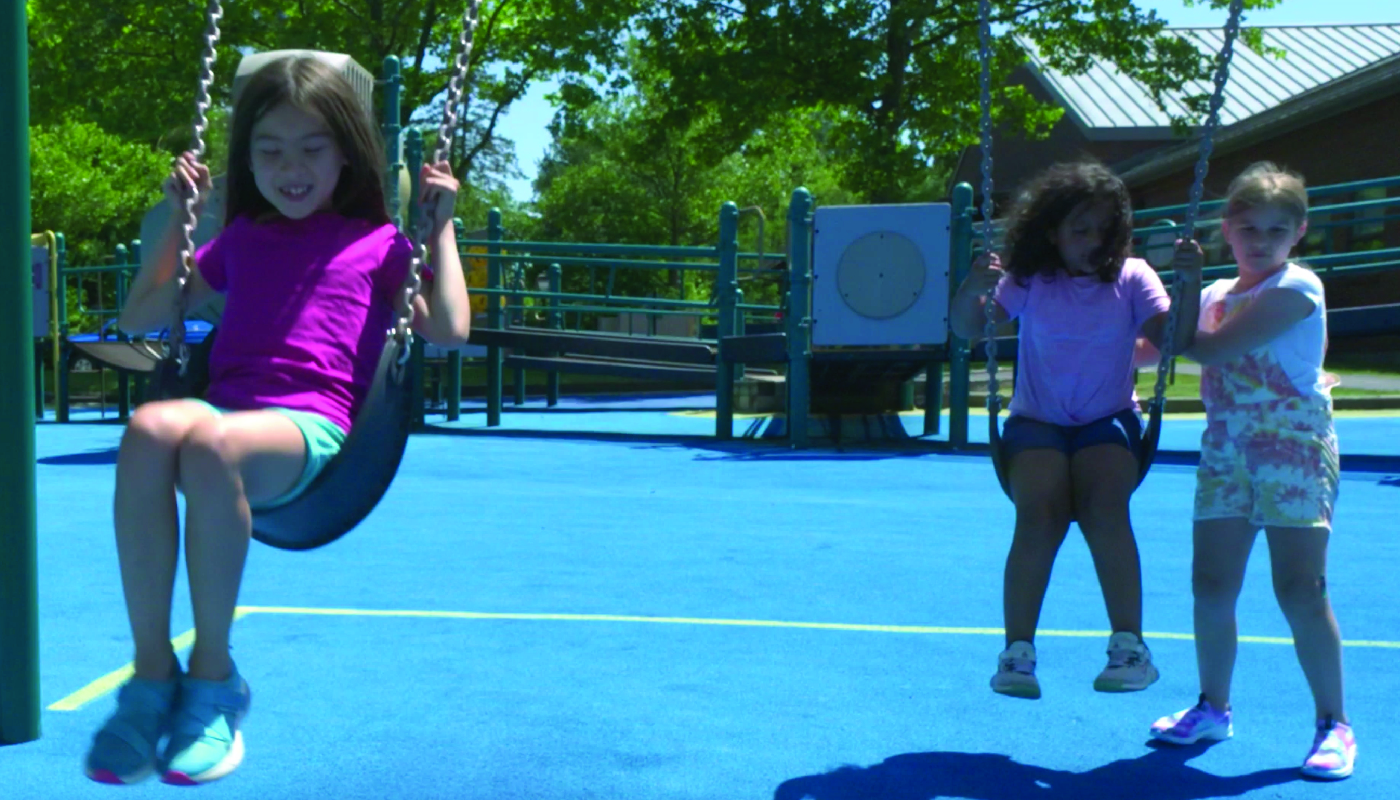Introduction
In this blog post, we will discuss the importance of including everyone on the playground, regardless of interests, abilities, or personalities. We will also explore an activity that requires no preparation, discuss related skills, and provide next steps to enhance social-emotional learning in kindergarten students. By promoting inclusivity, we can create a more positive and fun environment where every child feels valued and welcome.
No-Prep Activity
A simple and effective no-prep activity to encourage inclusivity on the playground is called “The Inclusion Train.” Here’s how it works:
- Ask students to find a partner and hold hands, forming a “train.”
- Explain that the goal of this activity is to include as many children as possible in the train by inviting others to join.
- As the train moves around the playground, encourage students to approach children who are not yet part of the train and ask, “Would you like to join our train?” or “Come play with us!”
- Continue the activity until everyone on the playground has been invited to join the train.
This activity not only encourages students to include others but also helps them practice social skills such as communication and empathy.
Discussion Questions
After completing the activity, engage your students in a discussion about the importance of including everyone on the playground. Here are some questions to stimulate conversation:
- How did it feel to invite others to join the train? How do you think it felt for those who were invited?
- Why is it important to include everyone on the playground, even if they have different interests or abilities?
- What are some other ways we can make sure everyone feels included during playtime?
- How can we apply The Golden Rule (treat others the way we want to be treated) when playing with others on the playground?
- Can you think of a time when someone felt left out on the playground? What could you have done differently to include them?
Related Skills
Encouraging inclusivity on the playground is just one aspect of social-emotional learning. Other relevant skills for students include:
- Empathy: Understanding and sharing the feelings of others.
- Active listening: Paying close attention to what others are saying and responding appropriately.
- Conflict resolution: Resolving disagreements in a peaceful and respectful manner.
- Cooperation: Working together with others to achieve a common goal.
- Respect: Treating others with kindness and consideration, regardless of their differences.
Next Steps
By teaching students to include everyone on the playground, we can foster a positive and supportive environment where all children feel valued and welcome. To access more resources and free samples of social-emotional learning activities, sign up for our sample materials at Everyday Speech. These materials can help educators incorporate essential skills like empathy, active listening, and respect into their curriculum, creating a more inclusive and enjoyable learning experience for students.











